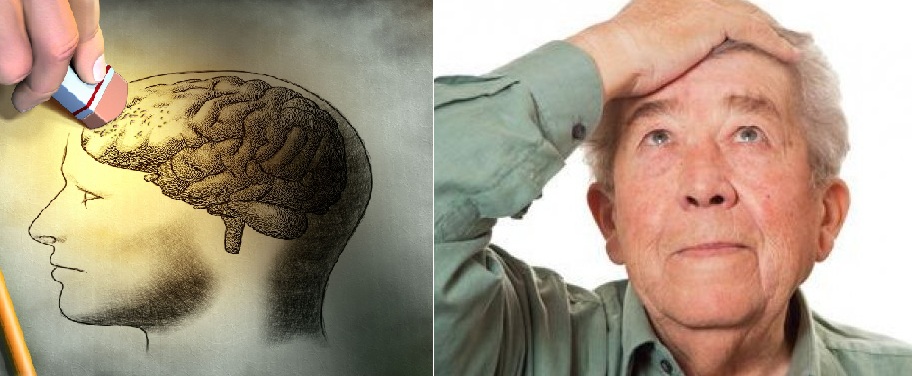Dementia is a widespread category of brain disorders that cause a progressive decrease in the ability to reason and remember. Standard symptoms include emotional problems, difficulties with language, and a decrease in motivation.
Other important signs and symptoms can be classified into two categories; cognitive and behavioral. Cognitive symptoms include difficulty communicating and even finding words, confusion and disorientation, depression and anxiety. Behavioral symptoms are when a person is experiencing paranoia, agitation or even hallucinations. A person’s consciousness is not affected.
The dementia diagnosis requires a change from a person’s usual mental functioning and a notable decline in reasoning than one would expect as a result of aging. These disorders have the ability to prevent a person from daily functioning and also have a significant impact on a person’s caregivers.

Table of Contents
Several early signs of dementia include:
Apathy
Apathy is a state of mind where a person can lose overall interest in life. Apathy is accompanied by lack of emotions, feelings, and concerns. This state of indifference is suppression of emotions such as passion, excitement or motivation.
It is not always a certain sign that a person suffering from apathy is actually in the early stages of dementia, but if it happens suddenly and in combination with other symptoms, dementia might as well be the cause.
Confusion
When a person experiences difficulty concentrating and doing the usual routine tasks becomes hard and almost impossible, it might be a sign of early stage of dementia.
Cracks in the memory, clouded thinking or lapse in judgment can increase confusion since the person can no longer interact with other people normally or remember faces. Sometimes it is hard for them to follow storylines or to find the right words to express themselves.
Short-term Memory Changes
Another symptom of dementia that appears in the early stages is struggling with memory. The changes affect the short-memory are subtle at first and hard to notice. A person can remember an event that took place many years ago, but not what they did yesterday.
Forgetting why they left the house, why they entered a particular room, or where they placed an item.
